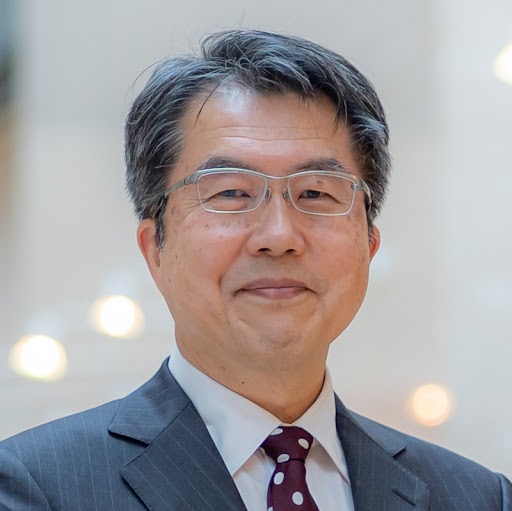Message from the Dean

Dean, School of Language and Culture Studies
MIYAKE Takayuki
Tokyo University of Foreign Studies (TUFS) is sometimes misunderstood as a place solely for the study of language. I myself am a linguistics researcher and a language professor, so I feel that even the study of language alone is a wonderful thing. But setting that aside, it goes without saying that TUFS is not a place for “only” the study of language. Regardless, it is a fact that learning language occupies an important position at the university. This is also shown in the university’s curriculum whereby students in the first and second year after entering the School of Language and Culture Studies or the School of International and Area Studies study their chosen major language in the Global Liberal Arts Program and acquire the foundations of the languages of various regions of the world.
The name of the School of Language and Culture Studies incorporates the word “language.” But here the word has a different connotation than the “language” studied as a chosen major language in the first two years. It goes without saying that while language does have an aspect as a tool so to speak for conducting activities, language—which represents the mental activities of humans—has cultural aspects and can be the subject of research, and is by no means merely a tool. As disciplines researched in the third and fourth years at the School of Language and Culture Studies, students can research language itself in linguistics, but they can also research a wide range of culture from each region of the world including movies, music, and the arts, in addition to literature.
In this way, at the School of Language and Culture Studies, which aims to foster international professionals who can become a bridge to the world through deep understanding of language and culture, whether the disciplines researched are Regional Studies to deepen research on a specific country or region or Trans-regional Studies for specialized study across regions, fundamentally they are, after all, humanities studies based on the languages of the various regions of the world. Diverse problems are emerging in the world today including divisions among regions and the fragmentation of societies. It is not only social science research which can contribute to resolving such problems. School of Language and Culture Studies students can use language and culture as approaches to fulfill the university’s mission of creating positive power from diversity and contributing to intercultural coexistence by observing what people are from a humanities perspective.
In today’s world where globalization is advancing, the study of English which has become one lingua franca is also necessary. On the other hand, at the same time, in a multilingual and multicultural environment, respecting the languages and cultures of each country and region, having high-level communications abilities using those languages, and the capacity to literally be active globally are required. At that time, the deep knowledge of the languages and cultures of each region of the world learned by School of Language and Culture Studies students will certainly connect people with other people in the true sense and manifest its strengths.
